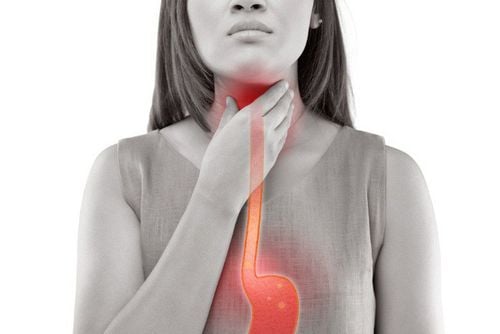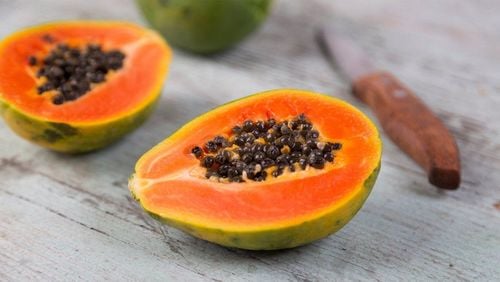A sudden drop in platelet count can affect the overall health of the body, leading to complications such as intestinal bleeding or cerebral hemorrhage. Therefore, it is crucial to adopt measures to increase platelet count, such as using medications or adjusting dietary habits. Increasing platelet count through diet is a natural, safe method that avoids unwanted side effects.
1. What are platelets?
Blood contains various types of blood cells, each serving a different purpose. These include red blood cells, white blood cells, and platelets. Platelets are specialized cells responsible for blood clotting in cases of injury or bleeding in any part of the body.
For platelets to function properly, individuals must maintain good overall health. However, in certain situations, the platelet count may drop suddenly, affecting overall health. Low platelet levels may result from viral fevers, dengue fever, bone marrow disorders (such as leukemia or lymphoma), chemotherapy for cancer patients, cirrhosis, spleen enlargement, side effects of certain medications, or excessive alcohol consumption.
Symptoms of low platelet count only become apparent when the count drops significantly. At mild levels, symptoms are often absent. When present, symptoms may include easy bruising, dark red spots on the skin (petechiae), headaches following minor injuries, spontaneous or excessive bleeding, bleeding from the mouth or nose after brushing teeth, and more. If the platelet count becomes critically low, it can lead to severe complications.
Therefore, it is essential to know how to increase platelet count either through medication or natural methods such as dietary adjustments. In cases of diseases like dengue fever with low platelet counts or viral infections, doctors may recommend platelet transfusion via intravenous infusion to restore normal levels.
READ MORE: What to Eat During Dengue Fever to Increase Platelet Count?
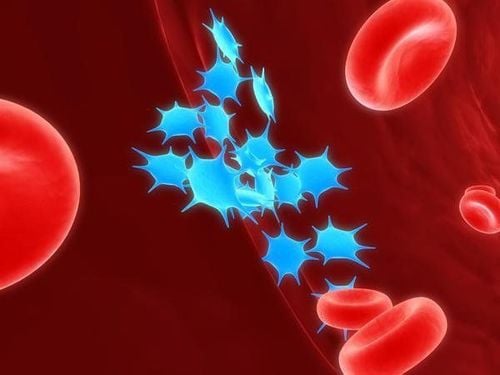
2. What to Eat to Increase Platelet Count?
If you are looking for a natural way to boost platelet count, you can increase your intake of certain foods.
2.1 Foods rich in folate
Folate is a type of B vitamin essential for blood cells and plays a key role in increasing platelet count. Folic acid is the synthetic form of folate. Adults require at least 400 mcg of folate daily, while pregnant women need 600 mcg per day. Foods that are rich in folate or folic acid include dark leafy greens, beef liver, fortified breakfast cereals, dairy products, and rice.
It is important to note that consuming excessive amounts of folic acid from supplements can interfere with the function of vitamin B12. However, eating a variety of folate-rich foods does not pose any health risks.
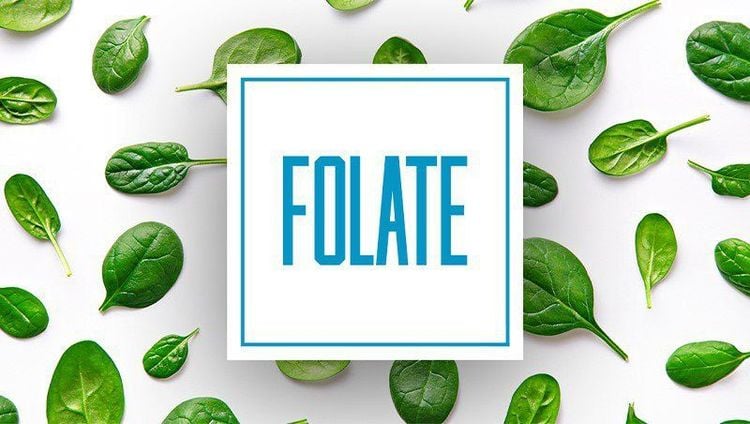
2.2 Foods rich in vitamin B12
Vitamin B12 plays a crucial role in the formation of red blood cells. Low levels of vitamin B12 can lead to a decreased platelet count. Individuals aged 14 and older need 2.4 mcg of vitamin B12 per day, while pregnant and breastfeeding women require 2.8 mcg per day.
Vitamin B12 is found in animal-based products such as beef and beef liver, eggs, salmon, tuna, clams, shellfish, and dairy products. Vegetarians can obtain vitamin B12 from foods like fortified cereals, almond milk, oranges, soy milk, and similar alternatives to supplement their daily intake.
2.3 Foods rich in vitamin C
Vitamin C is essential for the body’s immune system. It also supports proper platelet function and enhances iron absorption, which is vital for platelet health.
Various fruits and vegetables are rich in vitamin C, including broccoli, citrus fruits (oranges, grapefruits), kiwi, mango, pineapple, tomatoes, pomegranate, strawberries, and bell peppers. Note that high temperatures can destroy vitamin C, so it is best to consume these foods raw whenever possible.
READ MORE: Foods That Help Increase Platelet Count for Dengue Fever Patients
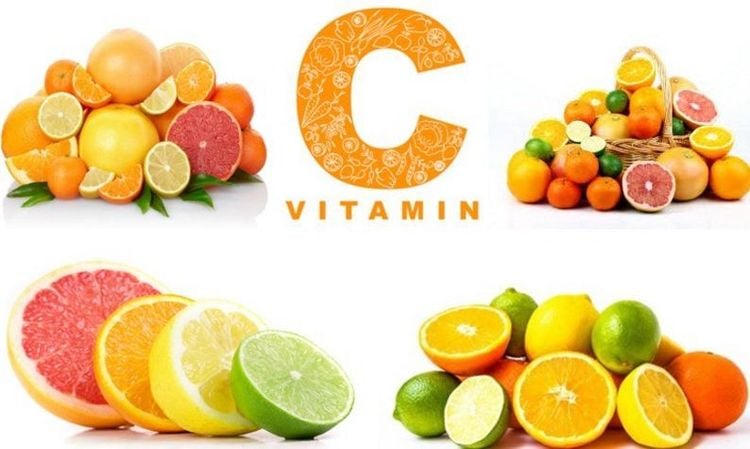
2.4 Foods rich in vitamin D
Vitamin D plays an important role in the function of bones, muscles, nerves, and the immune system. Additionally, it is essential for the function of bone marrow cells, which produce platelets and other blood cells.
The body can produce vitamin D through sunlight exposure. However, not everyone gets enough sunlight daily, especially during the winter months. Adults aged 19–70 require 15 mcg of vitamin D per day.
To increase platelet count, vitamin D can also be obtained from dietary sources. Foods rich in vitamin D include egg yolks, salmon, tuna, mackerel, cod liver oil, yogurt, fortified breakfast cereals, orange juice, soy milk, and mushrooms.
2.5 Foods rich in vitamin K
Vitamin K is crucial for blood clotting and bone health. The recommended daily intake of vitamin K is 120 mcg for adult men aged 19 and older and 90 mcg for adult women. To meet these requirements, consume foods such as turnips, broccoli, kale, spinach, soybeans, soybean oil, and pumpkin.
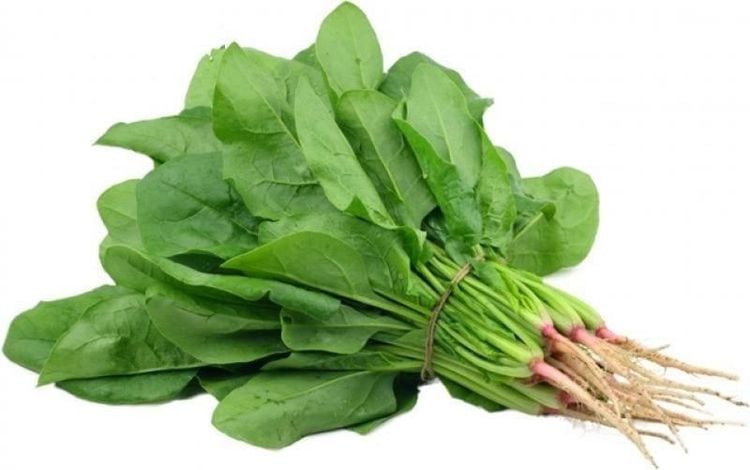
2.6 Foods Rich in Iron
Iron is a vital component for red blood cells and platelets. It can help increase platelet count in individuals with iron-deficiency anemia. Men over 18 years old and women over 50 years old need 8 mg of iron per day, while women aged 19–50 require 18 mg per day. Pregnant women need 27 mg of iron daily.
Incorporating iron-rich foods into the diet can help increase platelet count. Foods high in iron include oysters, beef liver, fortified breakfast cereals, lentils, tofu, dark chocolate, and pumpkin seeds. Consuming iron-rich foods with vitamin C enhances absorption. However, avoid consuming calcium-rich foods or taking calcium supplements at the same time as iron-rich foods, as this may hinder iron absorption.
2.7 Foods to avoid
Certain foods and beverages can decrease platelet count and should be avoided. These include alcohol, aspartame (an artificial sweetener), cranberry juice, quinine (found in tonic water), and sesame-based sauces.

2.8 Supplements
Patients looking to increase their platelet count may consider using certain supplements:
- Chlorophyll: A green pigment found in plants. Chlorophyll supplementation may help alleviate some symptoms associated with low platelet count. Algae-based supplements, which are rich in chlorophyll, are a potential option for individuals with low platelet levels.
- Papaya Leaf Extract: Studies on mice have shown that papaya leaf extract significantly increases both platelet and red blood cell counts. However, more research is needed to confirm its effectiveness in humans.
- Melatonin: A hormone naturally produced by the body. Some animal studies suggest a correlation between melatonin and increased platelet levels. Further research is necessary to determine its benefits for individuals with low platelet counts.
Consuming certain foods and taking supplements may help boost platelet levels. However, if there are warning signs of a critically low platelet count, patients should seek medical attention promptly to prevent severe complications.
To arrange an appointment, please call HOTLINE or make your reservation directly HERE. You may also download the MyVinmec app to schedule appointments faster and manage your reservations more conveniently.
References: medlife.com, medicalnewstoday.com, healthline.com








